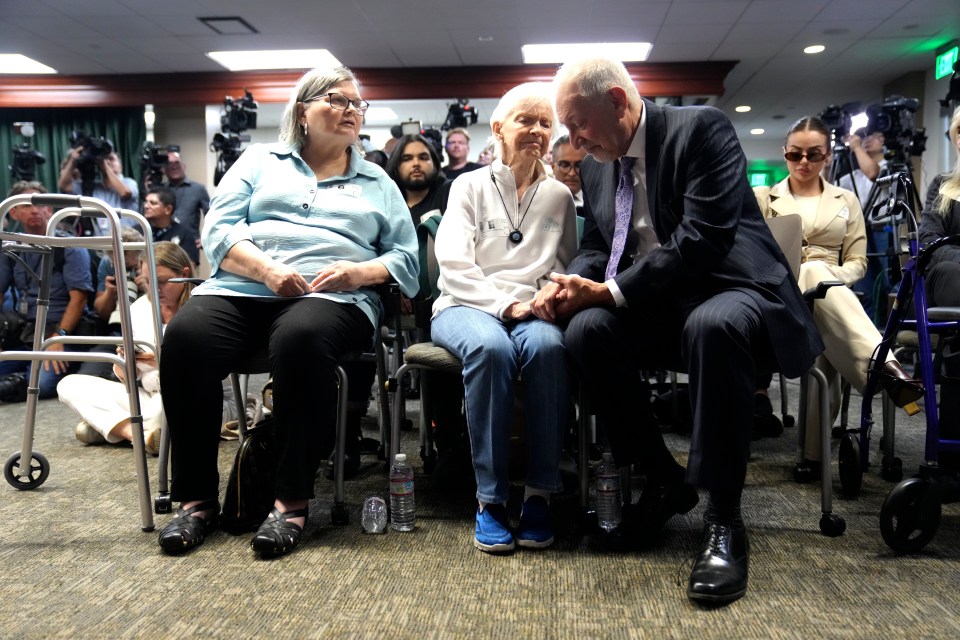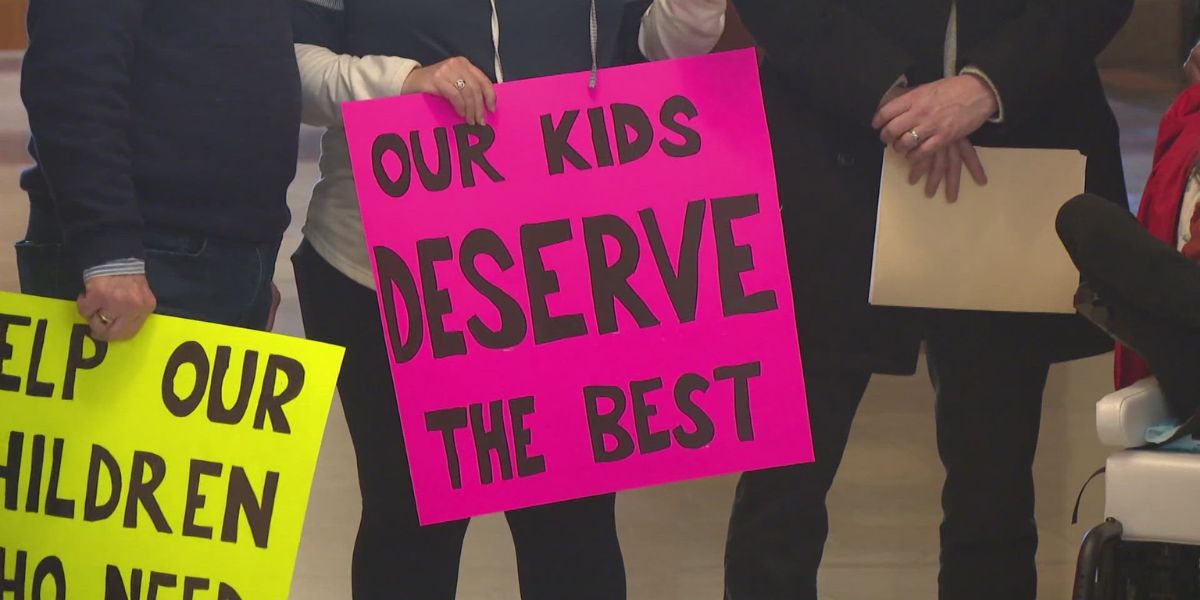Families Sue Indiana Agency Over Care Cuts, Citing Disability Act Violations
INDIANAPOLIS — Parents of two disabled children are suing an Indiana agency in federal court over modifications to attendant care services, claiming they violate the Americans with Disabilities Act and federal Medicaid requirements.
For years, a state body that oversees Medicaid has reimbursed parents, guardians, and spouses for in-home care.
Beginning July 1, the state will no longer repay family members and guardians. The modifications were proposed as part of a cost-cutting strategy after the Family and Social Services Administration, or FSSA, underestimated Medicaid spending through July 2025 by about $1 billion.
Families of children who require regular medical attention, in particular, believe the transfer is mishandled. The complaint claims that children’s health and well-being are jeopardized, and it seeks a court order directing the state to continue paying parents and guardians.
“This is a legally complex case about medically complex children,” the complaint filed on Friday stated.
An FSSA spokeswoman did not immediately respond to an email request for comment. The state has stated that attendant care services are where the Medicaid program is “most acutely seeing an unanticipated growth in spending.”.
In the action, the American Civil Liberties Union of Indiana and Indiana Disability Rights represent the families as well as the Indiana Protection and Advocacy Services Commission.
Families of children with complicated medical requirements have spoken out against the modifications since they were initially announced in January. According to the complaint, Medicaid payments benefit rural families who live far from institutions with skilled workers and are a financial need for parents who are unable to work while caring for their children.
The complaint states that parents must give constant care, which includes feeding through a gastronomy tube, running a ventilator, monitoring seizure activity, and administering medications.
The FSSA has stated that it will work with families to locate alternative care options; nonetheless, the complaint claims that the increased reimbursement rates are insufficient.
According to the complaint, the modifications may result in some children who require regular medical attention being placed in an “institutional environment,” particularly if their parents have returned to work to pay for the care. According to the lawsuit, parents of children with such difficulties frequently want to care for their children directly to meet their individual needs.
The moms listed in the complaint look after a 6-year-old boy with a rare genetic illness called cri-du-chat syndrome and a 10-year-old with hypoxic-ischemic encephalopathy, a kind of brain injury.
According to the lawsuit, both children have routine seizures that require constant monitoring in addition to various forms of support. The 10-year-old was admitted to a pediatric nursing home and had a “horrendous experience.”
The complaint claims that the possibility of being placed in institutions violates the Americans with Disabilities Act’s requirement that state and municipal governments provide services in people’s homes and communities.











